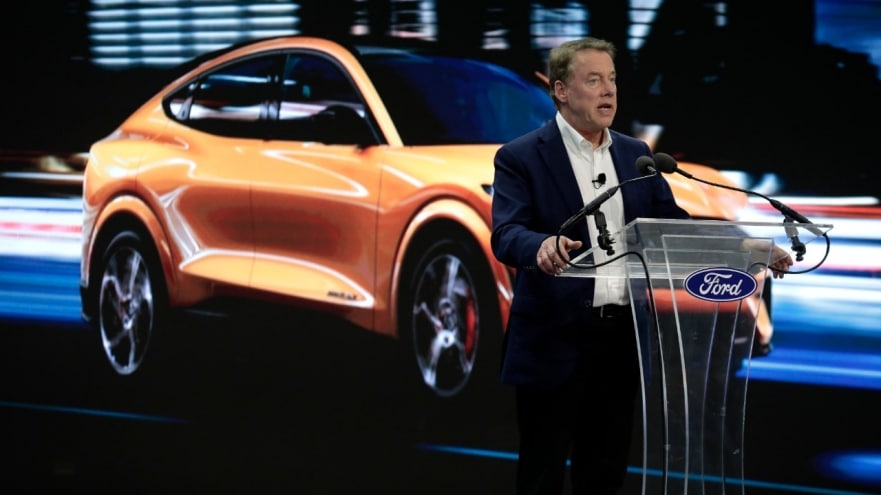Ford has partnered with PT Vale Indonesia and Zhejiang Huayou Cobalt in a $4.5 billion nickel processing plant in Indonesia. This investment marks Ford’s first in the Southeast Asian country and underscores the increasing demand for raw materials for producing electric vehicle (EV) batteries.
EV batteries account for around 40% of a vehicle’s sticker price, and this move aims to cut costs and close the gap on EV market leader Tesla. Europe’s biggest automaker, Volkswagen, also plans to invest €180 billion over five years in battery production and raw materials sourcing.
With the world’s largest nickel reserves under its belt, Indonesia wants to establish industries downstream of the metal for manufacturing batteries and electric vehicles. A high-pressure acid leaching (HPAL) plant has been proposed for Pomalaa in Southeast Sulawesi, the site of a nickel mine operated by Vale. Construction of the plant began in November 2020 by Vale and Huayou, with commercial operation anticipated to commence in 2026.
The deal is unique in bringing the US automaker into an upstream nickel business, and Vale holds a 30% stake in the project, with the remaining stake controlled by Ford and Huayou. The companies did not disclose how much Ford will invest in the plant, which is expected to produce 120,000 tonnes per year of mixed hydroxide precipitate extracted from nickel ore for use in EV batteries.
During the signing ceremony, Christopher Smith, Ford’s Chief Government Affairs Officer, mentioned that the company could guarantee the nickel used in their electric vehicle batteries is extracted and produced according to the same ESG standards upheld by Ford’s operations worldwide. Indonesia’s government enforced a ban on exporting unprocessed nickel ore in 2020 to secure supply for current and prospective investors while simultaneously enticing global EV manufacturers like Tesla and China’s BYD Group to invest in the country.



